Global supply chains live and die based on outcomes from geopolitical events. From labor strikes at major ports to international trade conflicts, these developments impact how freight moves across oceans, deserts, and, more specifically, borders—especially the borders between the United States, Mexico, and Canada.
Trade policy changes and tariffs are among the first consequences of diplomatic friction. When new duties hit with little warning, landed costs spike, contracts become unstable, and cargo often floods ports ahead of deadlines—only to taper off sharply afterward. Xcell’s expert team monitors these events in real-time, helping clients understand and classify goods, adjust their schedules, or reroute freight to reduce cost impact or avoid long waits at overcrowded stations.
1. Tariff Shifts & Trade Policy Uncertainty
When diplomatic friction rises, tariffs are often one of the first tools governments reach for. Sudden changes—like new tariffs on steel, aluminum, or agricultural goods—can:
- Increase everyone’s costs overnight
- Disrupt long-standing supply contracts
- Cause insane cargo surges, followed by depressing lulls
Importers must adapt quickly, often rerouting or reclassifying goods to mitigate exposure.
Delays happen more frequently. Political tension can lead to tighter customs inspections and added documentation requirements. When wait times spike at entry points like Laredo or Juarez, Xcell works with a network of cross-dock facilities and alternate gateways to keep freight flowing with minimal delay.
2. Delays at Ports of Entry
Customs operations are not immune to political pressure. During strained periods:
- Border inspections become more intense
- Security protocols tighten up, especially for dual-use or sensitive goods
- Wait times at land border crossings (especially for trucks) grow substantially
For example, past U.S.-Mexico tensions have led to longer inspection times and slowed clearance at Laredo and El Paso—key gateways for auto parts and consumer goods.
Supply chain partnerships may also waiver in these environments. Xcell helps clients weather changes in operations by deploying our vast partner network and offering flexible carrier arrangements with options and services that align with changing demands and evolving cargo needs.
3. Disrupted Supply Chain Partnerships
Cross-border logistics rely on a broad, expansive network of manufacturers, 3PLs, and carriers. When trade relationships sour:
- Investors can halt cross-border developments over funding and contracts
- U.S. companies may reduce sourcing from Mexico due to enhanced risk options from destabilization
- Mexican companies might seek alternative buyers outside the US and North America
This flailing forces freight planners to adapt routes, timing, and capacity allocation on the fly.
Regulatory responses and retaliatory trade moves add further complexity. New licensing mandates or paperwork requirements can bottleneck cargo at the border. Xcell’s compliance experts work closely with shippers to update procedures and ensure goods meet all current regulations—before they reach the border.
4. Regulatory Shifts & Retaliatory Measures
When tensions escalate, countries may impose:
- Retaliatory tariffs
- Quotas or import licensing requirements
- Border fees or increased documentation burdens
These add administrative overhead for brokers and delay customs clearance.
Energy and raw materials volatility has become a major logistics factor. Policy changes around pipelines, mineral exports, and metal tariffs can interrupt manufacturing supply chains. Xcell helps clients forecast and reposition critical inventory, particularly for time-sensitive or high-value commodities.
5. Energy and Raw Materials Volatility
North America’s energy and manufacturing sectors are tightly linked. Political disputes can affect:
- Pipeline approvals or shutdowns
- Electricity export agreements
- Steel, aluminum, and mineral trade terms
This volatility directly impacts logistics.
Disputes and their resolutions under USMCA add another layer of complicating risk. Issues over labor rules or origin definitions can affect classification and duties. Xcell ensures clients have accurate, audit-ready documentation to deal with these challenges without disruption.
6. NAFTA/USMCA Interpretation and Enforcement
Disagreements over issues within USMCA can:
- Require the initiation of dispute resolution processes that cost time and money
- Create compliance ambiguity for manufacturers
- Lead to sector-specific penalties, which hit logistics planning
For instance, classification disputes over auto sector origin requirements under USMCA caused massive tension between the U.S. and Mexico, upending some routing and sources for weeks.
What’s the Bottom Line for Logistics
Increased geopolitical tension means more complicated problems, fewer predictable answers to simple questions, and a higher premium on agility, availability, and flexibility. Logistics providers like Xcell, which offer consultative expertise, compliance support, and adaptive routing strategies, keep freight moving efficiently across North America.
No matter what’s on the news, adaptability is a strategic advantage when handling cross-border cargo. Xcell’s agile logistics solutions, cross-border expertise, and compliance-driven approach give clients the tools to stay competitive—regardless of what geopolitical tension brings next. Contact us to review your supply chain’s resilience strategy and learn how we’re helping shippers move forward confidently.

